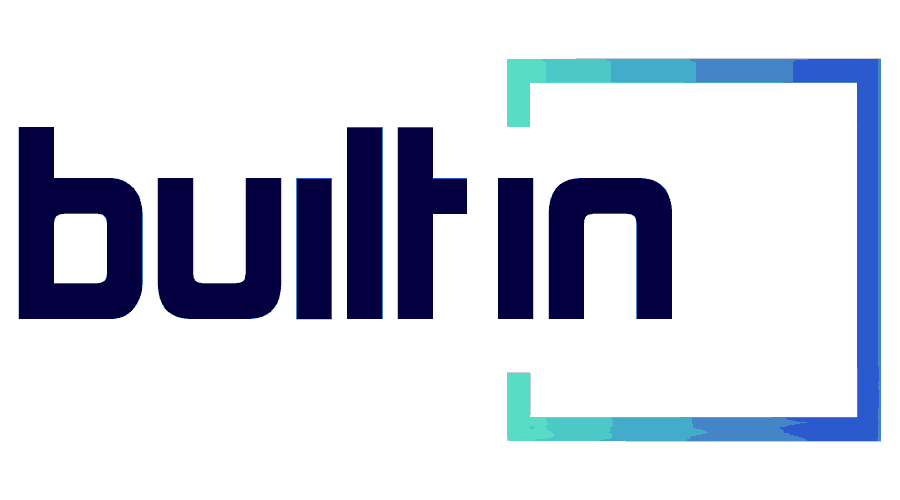
Listen dudes, like NJ and NY are finally about to legalize dubies and this federal judge in NJ is kind of like harshing our buzz. See, this one dude hit his head on a forklift which sounds like really hard to do but whatever. So his boss hands him a cup and says go fill it. They’ve got this gnarly post-accident drug testing thing and the dude says no way man, I can’t pass that test cause my doc lets me have as many Mary Janes as I want for my bad back and stuff. The boss tosses the dope to the street with his dope and says he can’t come back until he passes that test.
So the dude goes to court and tells the guy in the black robe that the Compassionate Use Medical Marijuana Act (“CUMMA” which is a good name for a band) and NJLAD has to make his boss accommodate him so he can get high with a little help from his doc. But like the black robe guy says well what you’re really asking is for the boss to waive the drug test as a reasonable accommodation even though dubies are still illegal under federal law. And the man, still delirious from hitting his head on the forklift, responds but we’ve got Murph and Cuomo and they’re like, it’s all good, cause like pretty soon you can just party for fun, so what’s the big deal man? Well the judge dude didn’t like that answer and so here’s where it gets serious.
The court determined that the employer did not discriminate against the employee under NJLAD because, even if it accepted that he was disabled (the back problem), it merely chose not to grant his requested accommodation. Failure to accommodate an employee’s chosen treatment for a disability, for example, use of a wheelchair, can be disability discrimination under NJLAD and ADA. But in this case, the court said it is the “consequence of his treatment” that the employer would not abide, not the fact that he was disabled. The question the court decided was whether passing a drug test screening for illegal drugs can be an essential job function.
Under federal law, marijuana is a Schedule I drug because of its high potential for abuse (Congressional pun!). CUMMA, which decriminalizes use for medical purposes, only says that employers do not have to allow employees to use it at work, but nothing more on that issue. Other state laws are more direct. For example, the Arizona medical marijuana law says that an employer cannot penalize a registered user based on a positive drug test unless the patient used, possessed or was impaired at work. Even that law though ignores the obvious difference between pot and alcohol. Because a positive marijuana result can occur weeks after ingestion, how can an employer really know who’s high at work? We recommend the donut test. A box of donuts and a hidden video camera smokes out a toker with the munchies every time.
In a similar context in 1996, a New Jersey appeals court wrote: an employer is not required to assume or hope that…the effects of drugs will be dissipated by the time the work day begins. And even the Cali Supreme Court, of all places, said: No state law could completely legalize marijuana for medical purposes because the drug remains illegal under federal law even for medical users. Surfs up, Jeff Spicoli!
So the federal judge in this case said unequivocally, that NJLAD does not require an employer to accommodate an employee’s use of medical marijuana with a drug test waiver. As a result, the guy with the bump on his head failed to show that he could perform the essential functions of the job, and the employer is within its rights to refuse to waive a drug test for federally-prohibited narcotics.
Before the world goes all Reefer Madness on us, employers should think through and develop a policy on dealing with positive test results in pre-hire, post-accident and reasonable suspicion drug tests. Bottom line: at least for now, New Jersey federal courts follow Nancy Regan’s instructions to just say no, and even if weed becomes legal for recreational purposes, employers can just say no too.








